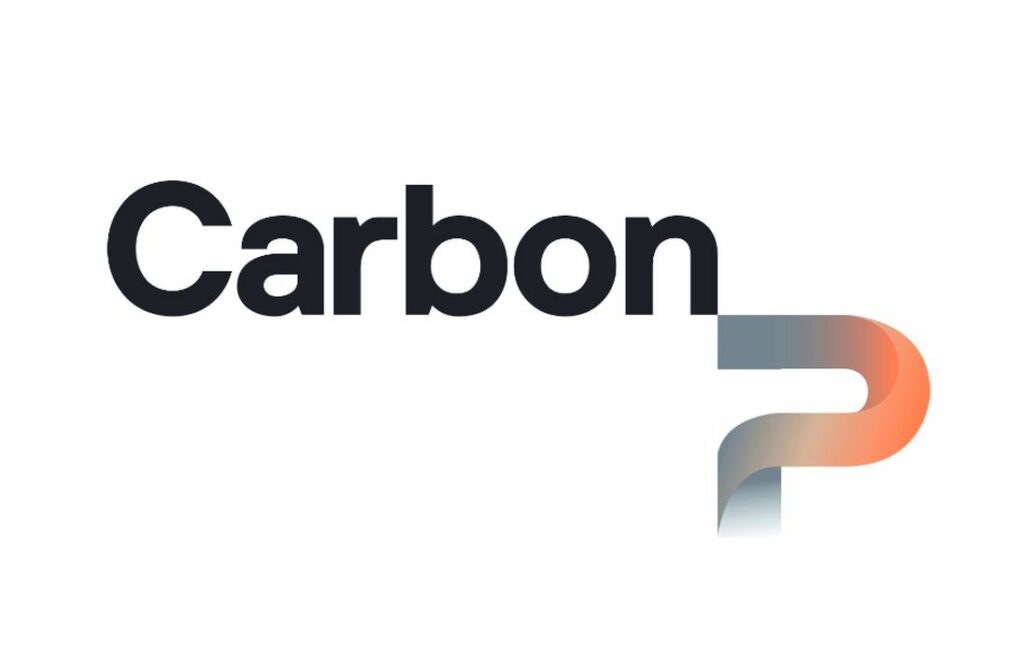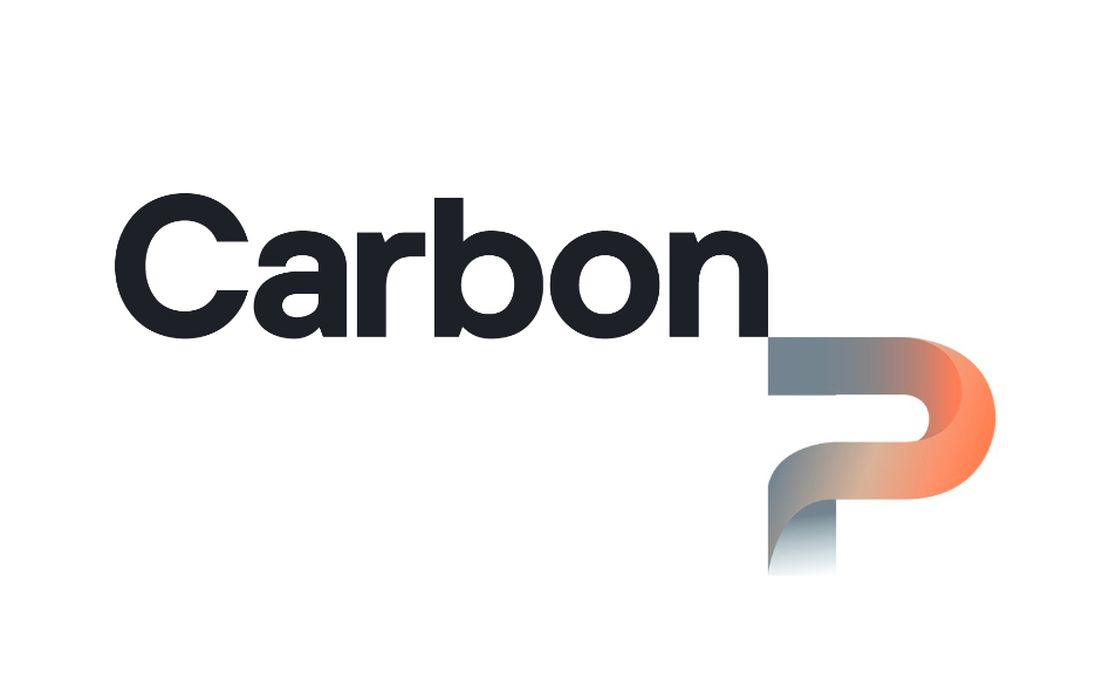
Carbon announced today their first corporate acquisition, and it’s a big deal.
Carbon, manufacturer of production-ready resin 3D printers for industry, has long been interested in the software aspects of 3D printing. This is because it is always less expensive to use traditional manufacturing processes unless the designs are too complex.
Those complex designs can be far more functional, but have to be manufactured using 3D printing approaches. Thus Carbon has long been working on advanced software to easily generate complex designs for industrial partners. These provide the partner with far better parts with an easy design technology, and widen the market for Carbon.
Carbon has been successful in several areas where they’ve leveraged their software’s ability to generate highly complex lattice structures.
If Carbon wants to gain more clients, they have to provide even more generative capability beyond lattices, and that’s where this acquisition comes in. Carbon announced the acquisition of ParaMatters, a startup company that specializes in advanced generative 3D model design.
The California-based software company, launched in early 2018 has developed a sophisticated generative software tool, CogniCAD, which operates in the cloud due to its requirement for heavy computational processing. In 2019 Sarah had a chat with ParaMatters’ co-founder, Michael Bogomolny and learned much more about how the system works.
Generative design is a radically different method of creating 3D models for production. Instead of “drawing” the intended object, the designer merely specifies the input and output parameters: a force this direction, rotation allowed here, gravity on this section, made from this material type, this region is stationary, minimize weight over volume, etc.
Once all that’s specified, the software runs off and simulates solutions to achieve the design goal within the constraints. The generative tool then produces a solution design, and it’s always one that’s highly complex, organic and yet 100% functional. This process can be faster than using conventional design approaches and often produces better results.
Let’s back this up: quicker part design, better parts, manufacturable only by 3D printing. Isn’t that something a 3D printer manufacturer would want to have under their umbrella?
Carbon explains:
”This acquisition expands Carbon’s current software capabilities to include topology optimization. Carbon’s technology platform now broadens to enable product design and development teams to create better products in less time using a wide variety of materials and production systems.”
Carbon co-founder Philip DeSimone said:
“We recognize the critical role software design tools play in our customers’ digital transformation. For far too long, designers have settled for software design tools that adhere to the limitations of traditional manufacturing. Many design tools of yesterday are not optimized to take advantage of industry innovations, including advanced 3D printing materials and manufacturing processes. Both Carbon and ParaMatters have shared the same vision to provide modern tools to ensure product development teams can create better products in less time.”
The Carbon press release talks about “one team”, but doesn’t describe further how this corporate acquisition will be implemented. However, I suspect it’s likely Carbon will eventually integrate the ParaMatters’ functionality into their existing DesignEngine CAD tool, transforming it into a kind of “superCAD”.
For Carbon this is a major move, as it will almost certainly open up vast new areas of deployment for their equipment in industry. It will also trigger development of new resins for those industries.
For ParaMatters the deal provides a new, massive platform on which to leverage this powerful software. Many more companies will use ParaMatters functions than would have if the company stood alone. The additional resources from Carbon should allow ParaMatters to even increase functionality in coming years.
It’s a very good deal for both parties.
One more thing: ParaMatters is part of XponentialWorks’ investment portfolio, along with multiple other 3D companies. In other words, one of the sellers in this transaction was XponentialWorks. That company also owns a big chunk of Nexa3D, which coincidentally laid off a portion of their staff last week. Layoffs, and then a corporate divestiture. I wonder if there’s something going on there?
Via Carbon, ParaMatters and XponentialWorks

